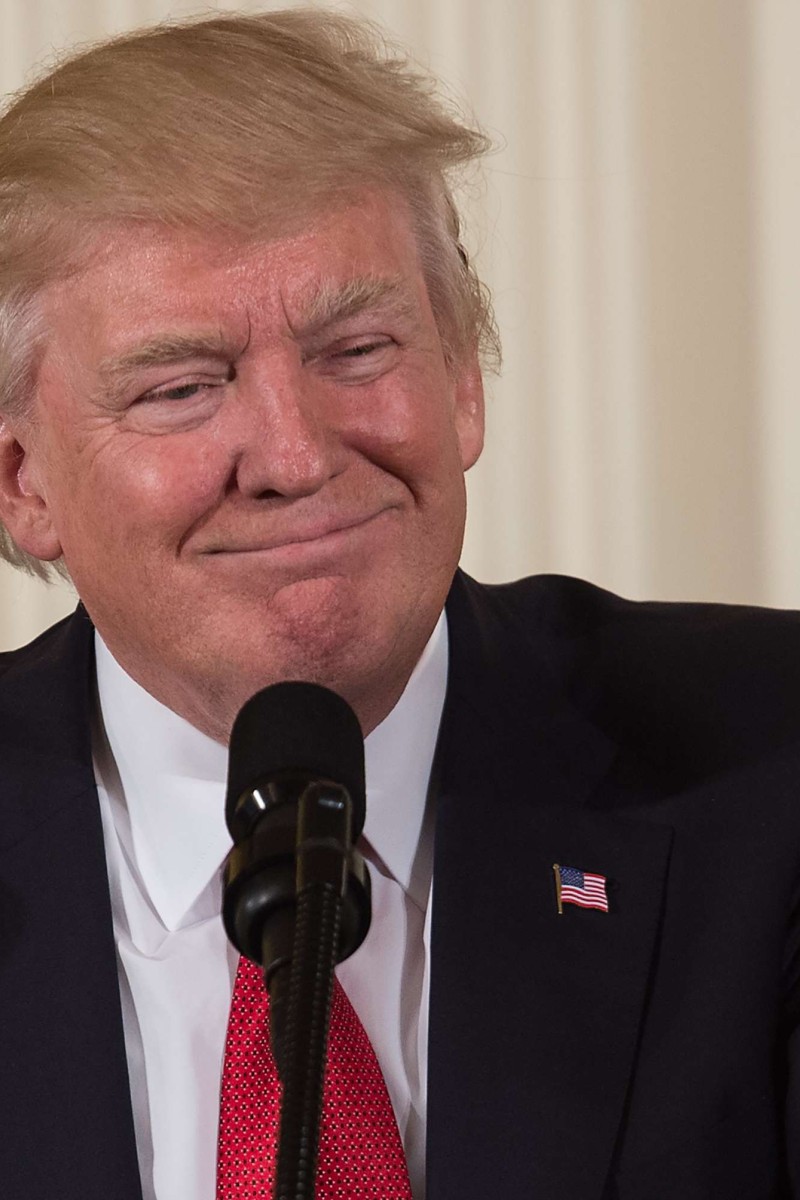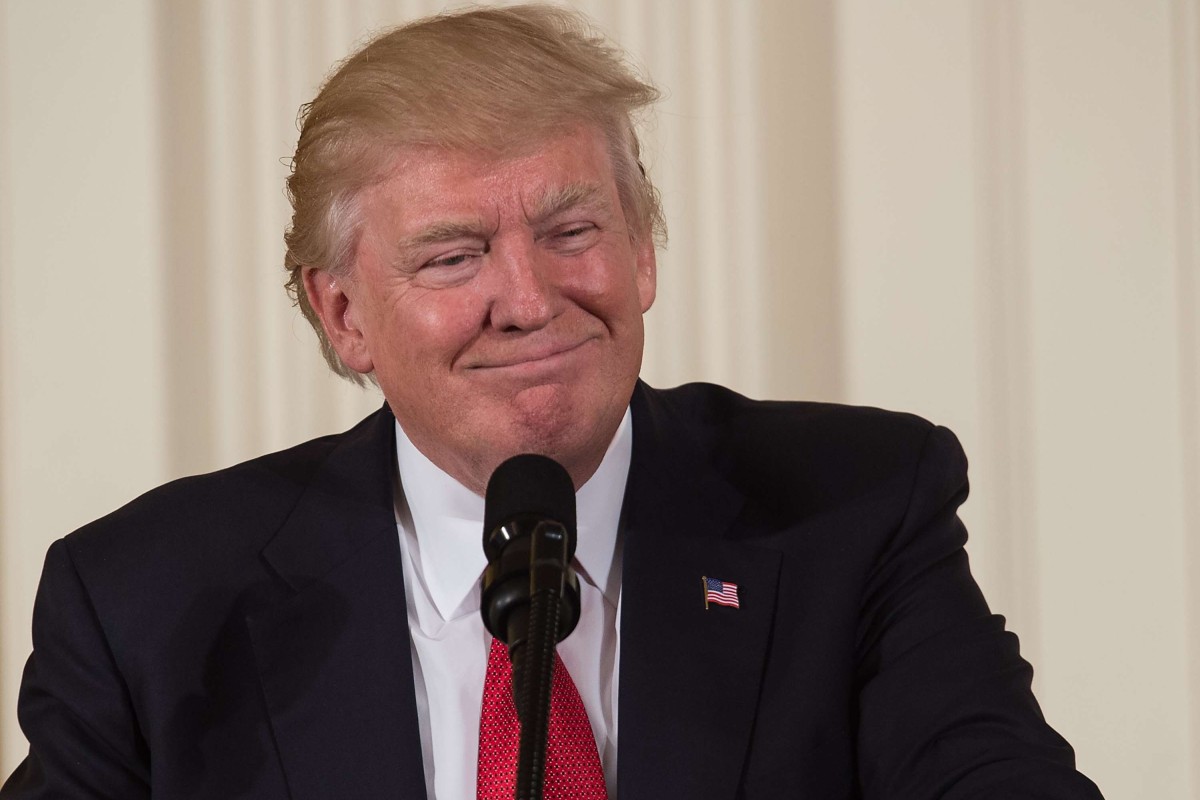
Letters from the dorm: explaining the appeal of Donald Trump
The majority of Trump’s voters are not racist. They merely cast their vote out of economic self-interest

 The election of US President Donald Trump has caused snide snickering around the globe.
The election of US President Donald Trump has caused snide snickering around the globe.The first question that I tend to receive from those in Hong Kong when I mention that I attend school in the US is: “How do you like your new President?” This question is often accompanied by snide snickering and a “How could anyone vote for him?”
Admittedly, Trump’s first two months in office have been bad. The administration has been defined not by coherent, thoughtful policy but by the controversial travel ban, a Republican healthcare bill that is essentially a more expensive and less complete version of the existing “Obamacare”, and a toxic relationship with the press. The president himself is using his Twitter platform to insult the likes of Arnold Schwarzenegger and Snoop Dogg than actually engaging with the tasks of being the leader of the free world.
To those of us in Hong Kong or the Americans in the liberal, urban bubbles of New York, Los Angeles and Boston, the appeal of a Trump presidency is inexplicable. I was no exception, believing that all Trump voters were racist, uneducated rednecks. However, my own experiences with Trump supporters and places that voted for him have changed this perception and allowed me to at least understand the appeal of the man.
Trump won the election last year largely through surprise victories in three Midwestern states: Pennsylvania, Michigan and Wisconsin. These three states had been Democratic strongholds since the 80s, but more importantly, they mainly consisted of white, working-class voters, the core bloc of Trump’s support. This past winter, as I travelled from Washington D.C. to Philadelphia, our train passed by rural Pennsylvania. These towns had clearly once been thriving hubs of steel production, but now they were ghost towns with nothing but decaying, empty infrastructure. These former steel towns were just an hour away from Philadelphia, yet they seemed a different country and era compared to the urban skyline and bustling city centre.
I remembered Trump’s campaign promise to bring jobs back to America by stopping companies outsourcing to China and clamping down on illegal immigrants. It didn’t matter to the working-class voters that technology, not immigrants or the Chinese, was the real cause of unemployment. It didn’t matter that Trump himself made products in foreign countries.
Trump recognised the legitimacy of the resentment, and pledged to improve the economic situation of white, working-class voters. It didn’t matter that Trump’s plan didn’t offer any feasible solutions, and was merely another hollow promise made by a politician. His voters didn’t see Trump as someone who had gone bankrupt numerous times. They saw him as a force for change, a glamorous New York businessman not dependent on any special interest group. On the other hand, Hillary Clinton was the epitome of the political establishment the working-class people believed had failed them. And she had proudly claimed that her policies wouldn’t be much different from Barack Obama’s, so Trump’s promises proved irresistible.
The majority of Trump’s voters are not racist. They merely cast their vote out of economic self-interest. The people who have lost their jobs or are struggling to put food on their tables do not think about illegal immigrants, Syrian refuges or the Dakota pipeline. They are too busy thinking about how to make a living and support their families. While their decision may seem selfish and inconsiderate, it is not one made out of malice or hatred. Perhaps my initial inability to understand that is a reflection of my own privilege.
